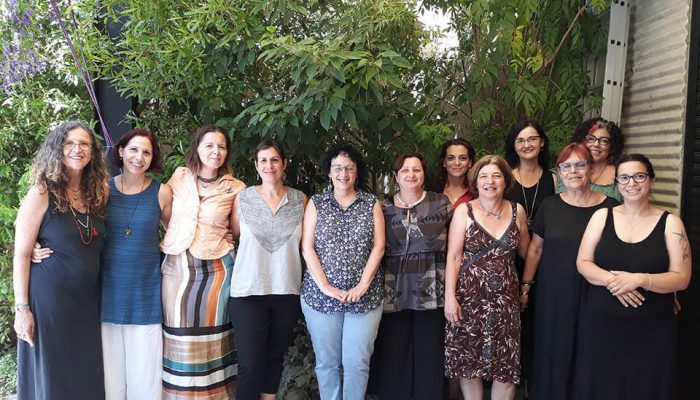
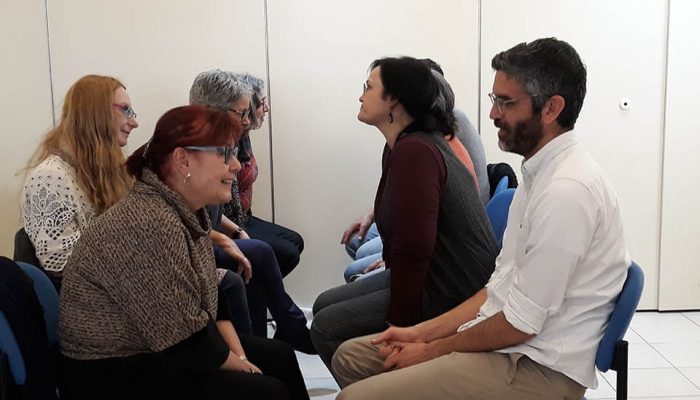
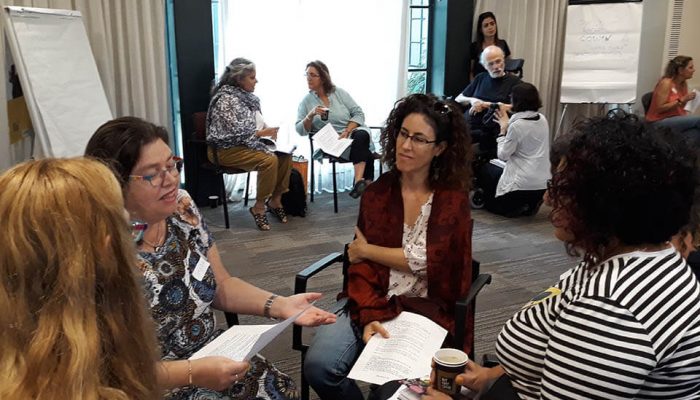
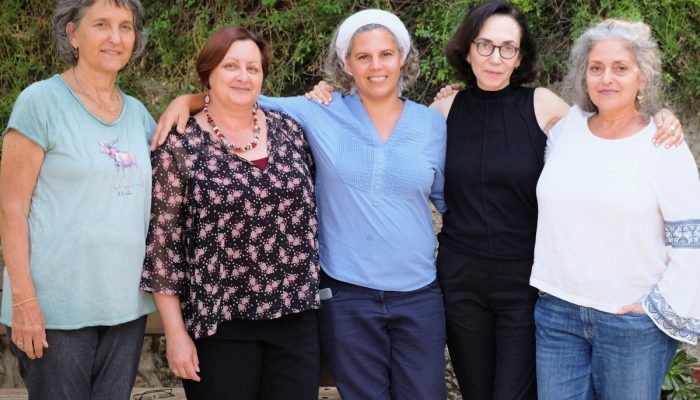
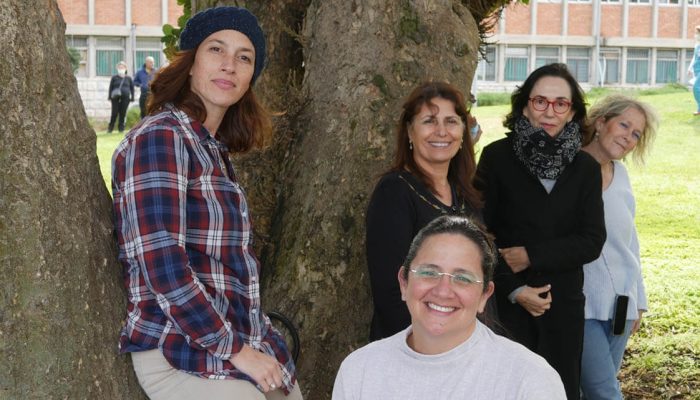
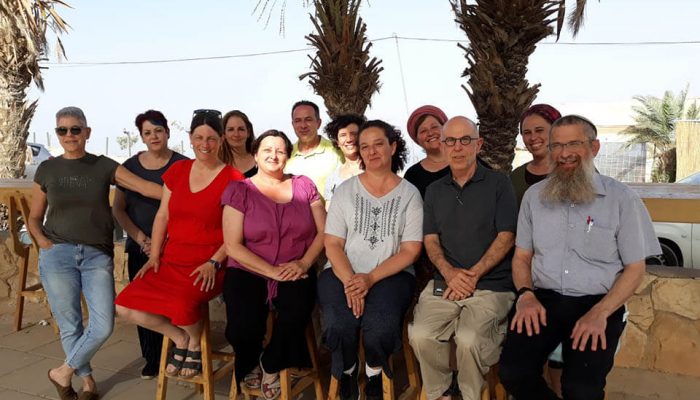
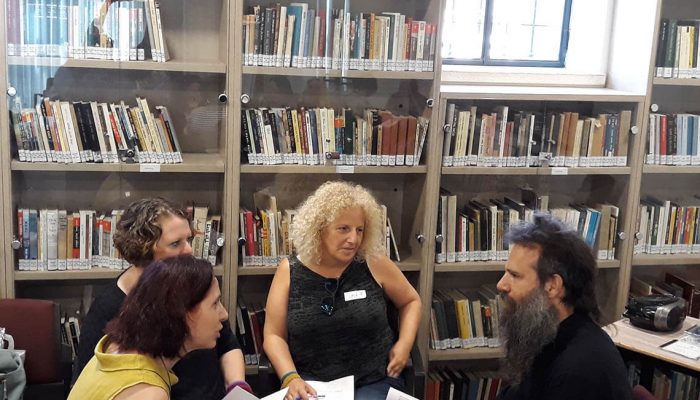
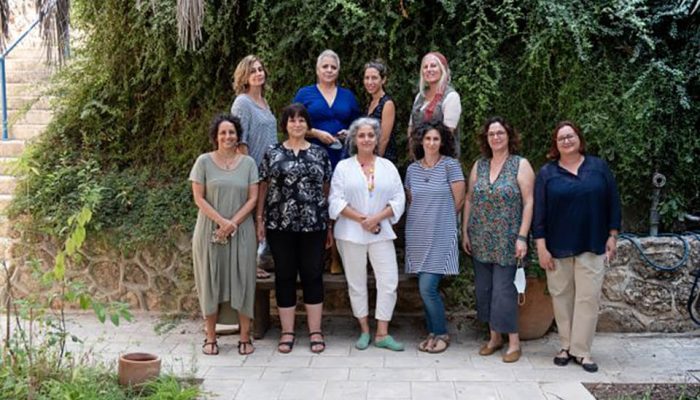
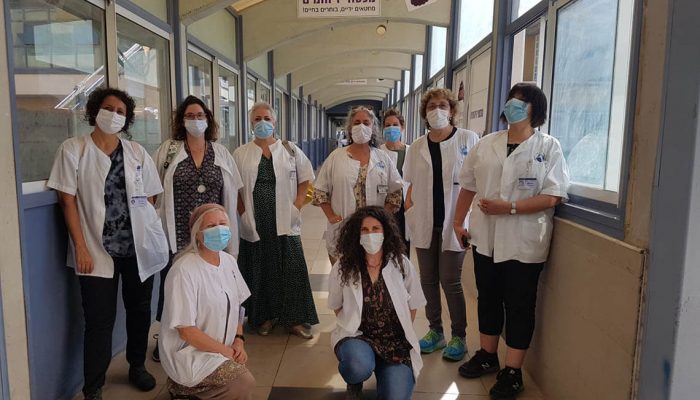
Clinical Pastoral Education (C.P.E.) is the classic training program for chaplains, a balance of theoretical and practical learning, theology and field work. It was developed in the U.S. and is used with small variations in Canada, Australia, South Africa, New Zealand and parts of Europe. In Israel some of the training sites have adopted the international standards of C.P.E. training while others have created training programs of their own. The Schwartz Center for Health and Spirituality choose to adopt the educational model and the standards of the C.P.E. training.
‘Clinical Pastoral Education is interfaith professional education for clergy and related caregivers. It brings theological students and clergy of all faiths (pastors, priests, rabbis, imams and others) into supervised encounters with persons in crisis. Out of an intense involvement with persons in need, and the feedback from peers and teachers, students develop new awareness of themselves and of the needs of those they serve. From theological reflection on specific human situations, they gain a new understanding of their vocation. Within the interdisciplinary team, they develop skills in interpersonal and inter-professional relationships.’
Originally C.P.E. was designed for clergy or theological students, though now it is being opened to laypeople as well. It is useful for clergy who will counsel and assist congregants in life passages as well as for those who want to specialize in classical chaplaincy settings.
CPE is offered in many settings such as hospitals, hospices, geriatric facilities, rehabilitation centers, army, prison, workplaces and in congregational and community based frameworks.
In the U.S. there are two main professional groups, each with a slightly different scope and focus. Both the Association for Clinical Pastoral Education, Inc. (A.C.P.E.) and the College of Pastoral Supervision and Psychotherapy (C.P.S.P.) are nationally recognized as accrediting agencies in the field of clinical pastoral education through the U.S. Department of Education.
There are 300 Accredited A.C.P.E. Centers and about 600 certified Supervisors in the Association for Clinical Pastoral Education where approximately 9,000 units of C.P.E. are completed annually.
C.P.S.P. offers certification in Pastoral Counseling, Psychotherapy and Supervision. It focuses on autonomy of local chapters and a covenant-based mutual support network.
Students come from many different ethnic and cultural groups. Individuals from many faith traditions – Protestant, Roman Catholic, Judaism, Islam, Orthodox Christian, Native American religions and Buddhism have taken C.P.E.
Basic Components:
- Didactic seminars in which supervisor imparts skills or information.
- Patient visits, starting from the first week of C.P.E.
- Clinical seminars in which students present a pastoral encounter to the group for feedback and improvement.
- Exploration of theological concerns that the patient visits raise.
- Peer-group meetings exploring interpersonal dynamics and offering mutual support.
- Worship or sharing occasions providing spiritual nurture to the caregivers.
- Field trips, workshops, and clinical observations.
Adapted from materials of the A.C.P.E. and C.P.S.P.